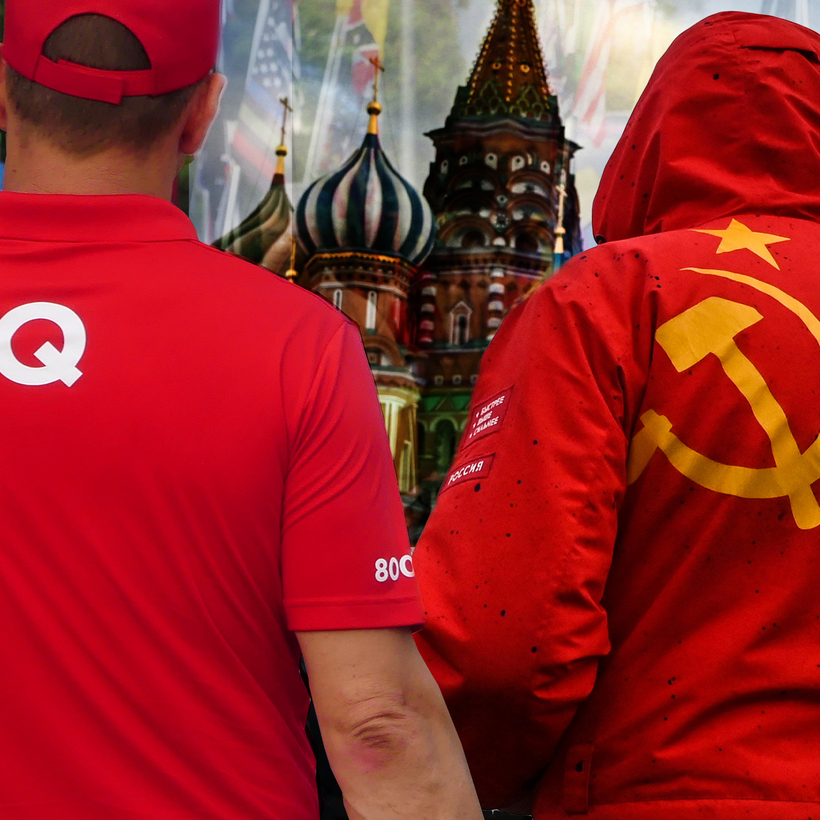“The Soviet Union still exists,” the middle-aged woman told me. She spoke slowly, as if by doing so she would have more chance of convincing me to disregard the history books and my own eyes. “And we are resurrecting its organs of state power.”
I met Alla Paladiy, who goes by the grand title of chairwoman of the executive committee of the Russian Soviet Federative Socialist Republic, in an office in a rundown former mining college in Lyubertsy, a city near Moscow once notorious for organized crime.

